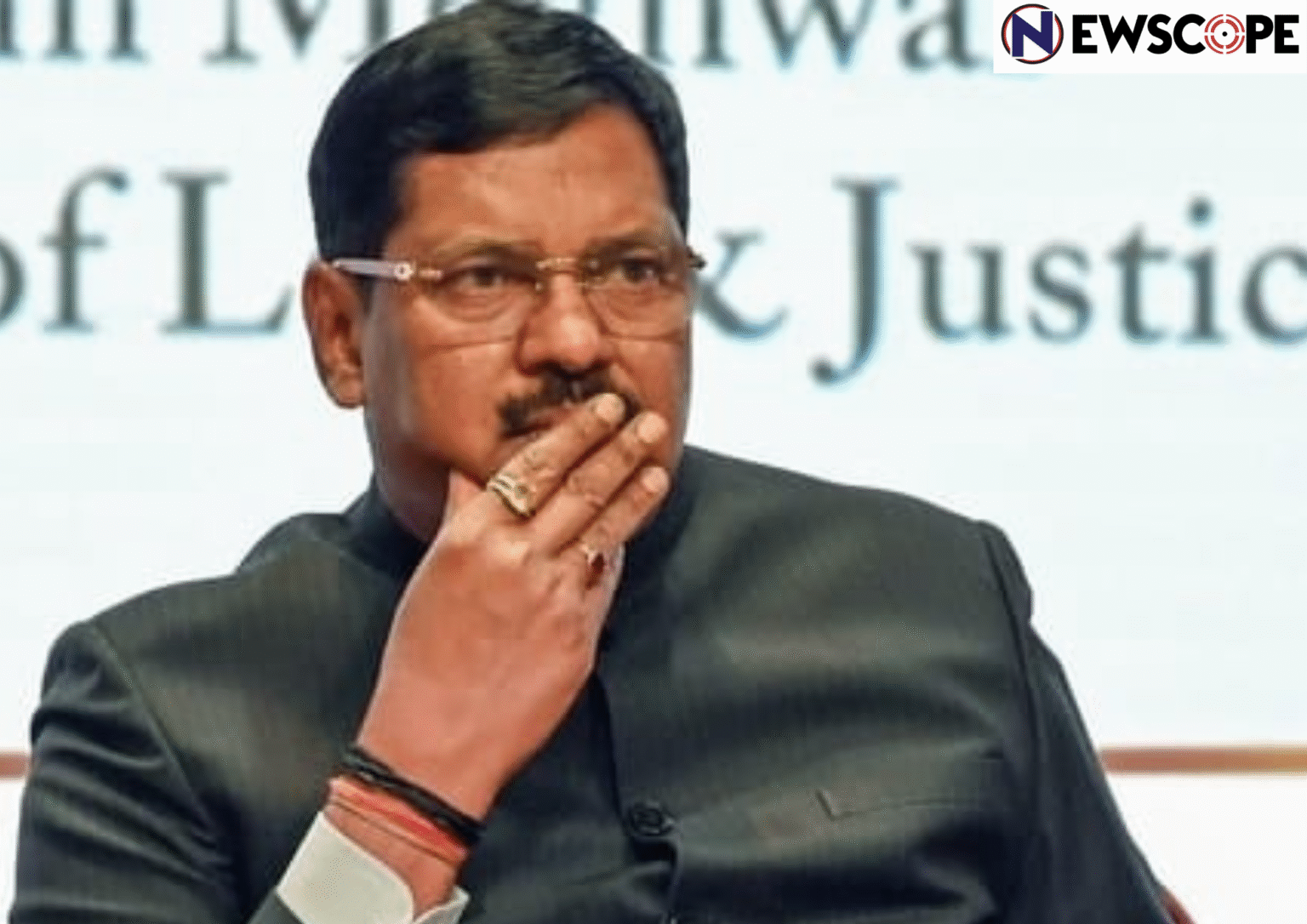Chief Justice of India (CJI) Bhushan R. Gavai recently highlighted that the CJI is not superior to other Supreme Court judges; he is just the “first among equals.” He made this statement while leading a three-judge bench that was hearing the Union government’s request to recall an important judgment. The court was reviewing the government’s appeal to reconsider the Ritu Chhabaria vs Union of India ruling from April 26, 2023. This ruling stated that an accused person is entitled to default bail if an investigating agency submits an incomplete charge sheet. As a result, there has been a significant increase in bail applications across the country.
The government’s appeal was built on a May 1, 2023, order from a two-judge bench led by then-CJI Dhananjaya Y. Chandrachud. That order temporarily paused the April 26 ruling after the Solicitor General expressed concerns about its “large-scale implications.” However, Justice Gavai’s bench questioned whether one bench could intervene in an order from another bench of equal authority. He stated that doing so would breach judicial propriety and discipline. He emphasized that allowing this would enable benches to reverse each other’s decisions simply because they “do not like it.”
Solicitor General Tushar Mehta argued that the ruling had “nationwide implications” and could “create chaos.” He mentioned that about 50 pending applications were based on the Ritu Chhabaria judgment, with accused individuals claiming that referring to further investigation in a charge sheet makes it incomplete; thus, they deserve default bail.
Justice Gavai pressed Mehta on procedural matters, asking why the government was seeking a recall in a separate case instead of filing a review petition. Mehta noted that the review had already been dismissed. In response, Justice Gavai stated that a larger, three-judge bench would be formed to examine the matter in detail.
The Ritu Chhabaria ruling came from a petition where the CBI had not finished its investigation but had filed a charge sheet to prevent the accused from obtaining default bail under Section 167(2) of the CrPC. The government and the Enforcement Directorate (ED) argued that the ruling contradicts earlier judgments, including Vipul Agarwal vs State of Gujarat (2013) and a 2017 decision in the Dinesh Dalmia case. They contend that the April 26 verdict should be deemed “per incuriam,” or made in ignorance of the law. The ongoing discussion has added a layer of institutional importance, as the court openly addresses its internal judicial hierarchy and the principle of benches respecting each other’s orders.



